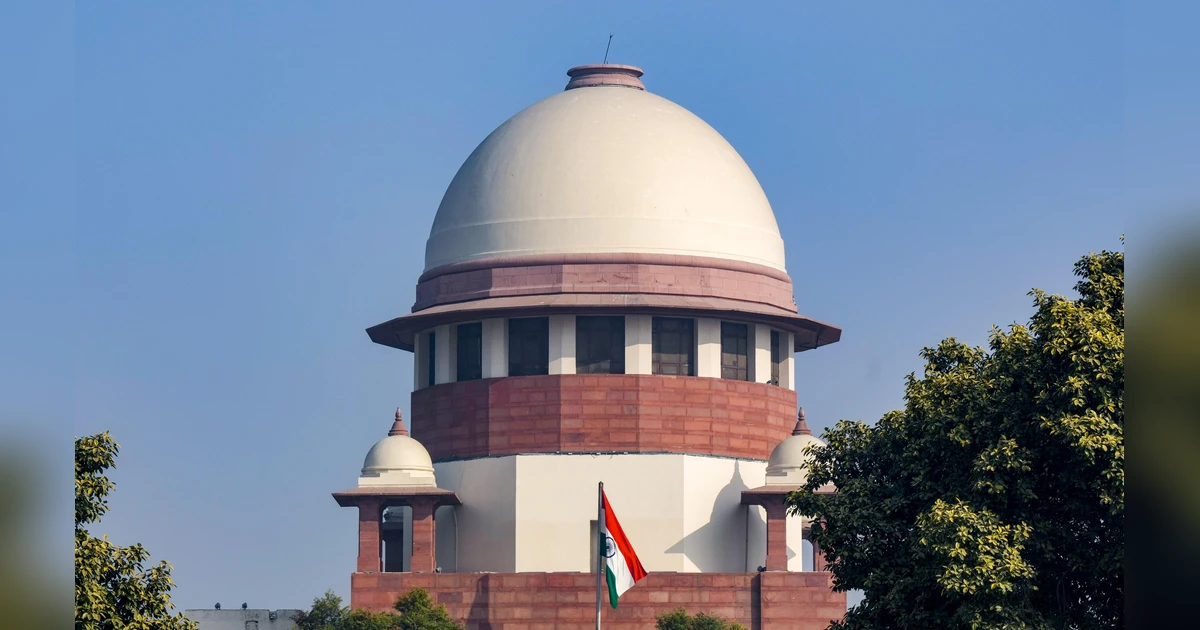The collapse of Silicon Valley Bank has some policymakers considering expanding government deposit insurance to cover all deposits. Those advocating such a move believe it will help stabilize the banking system and prevent future bank runs. While these are desirable objectives, expanding deposit insurance won’t accomplish them.
The notion that deposit insurance could destabilize the banking system isn’t immediately apparent. Indeed, it seems reasonable to think that if the government insures everyone’s deposits, they’ll have no reason to rush to withdraw their money from the banking system in the event of a panic. Thus, it would appear the government can prevent bank runs from occurring in the first place. While seemingly plausible, this view fails to account for the effect deposit insurance has on the incentives faced by depositors and banks.
When you deposit money at your bank you lend it money, which the bank then uses to make investments. The return on those investments depends, in part, on how risky they are. All else equal, riskier investments pay a higher return, a portion of which your bank will share with you in the form of higher interest payments on your deposits or in-kind services like convenient payment options. The downside is that riskier investments are more likely to fail, and if enough of these investments do, your bank may be unable to repay you. Unsurprisingly, this possibility creates a strong incentive to ensure your bank behaves prudently.
Once we introduce deposit insurance, the incentive you have to monitor your bank’s behavior changes. If your bank takes too many risks and subsequently fails, you have nothing to worry about. Your deposits are insured, provided your deposit amount is less than the amount the government has guaranteed. In short, deposit insurance reduces the incentive to monitor your bank’s behavior.
The extent to which your bank makes risky investments depends on the costs and benefits of doing so. From the bank’s perspective, deposit insurance reduces these costs by shifting part of them to the insurer, which, in this case, is the Federal Deposit Insurance Corporation (and, ultimately, the taxpayer). Since the bank’s managers and owners no longer bear the total costs of its risky behavior, and you no longer have as strong of an incentive to monitor your bank’s behavior, it makes more risky investments. Economists call this moral hazard.
If only your bank behaved this way, we would have little reason to worry about moral hazard. Your bank would be more likely to fail. But, as long as other banks don’t behave this way, it’s unlikely that your bank’s failure would trigger a banking crisis. The problem is that this behavior isn’t confined to your bank. Deposit insurance doesn’t just reduce your incentive to monitor your bank’s behavior; it reduces the incentive for all depositors.
Banks will take more risks than they otherwise would without adequate monitoring by depositors. They will make riskier investments and hold less capital, which banks use as a buffer against possible losses. This combination means banks will be more likely to fail, and if most banks behave this way, the banking system will become more prone to failure.
In principle, government officials could avoid creating moral hazard by selecting higher insurance premiums that adequately reflected the risk of insolvency, and by using prudent regulation. Banks could avoid paying these higher premiums by taking fewer risks, and prudential regulation could substitute for the market discipline that depositors would otherwise provide without deposit insurance. Unfortunately, deposit insurance and banking regulation haven’t worked this way.
The problem is that unlike private insurance companies, government officials don’t possess the knowledge needed to determine the appropriate price of risk. Without the signals provided by market prices and the discipline of profit and loss, the government officials responsible for setting the proper insurance premiums have no feedback mechanisms to guide their decisions. Without such a guide, political incentives, rather than market forces, will be the primary factor determining the price of deposit insurance.
These political incentives will likely result in the government’s setting the price of deposit insurance below the level necessary to minimize moral hazard. It’s not difficult to understand why. Underpriced deposit insurance privatizes profits and socializes losses. The beneficiaries of such an arrangement constitute a concentrated and powerful interest group, i.e., bank owners, and thus can influence policy. In contrast, those who bear the cost of underpriced deposit insurance, i.e., the taxpayers, are too dispersed to have much say.
By the same logic, banking system regulation has been and will continue to be insufficient to prevent overly risky behavior.
We must consider the possibility that many of the policies we have in place to increase the stability of our banking system are actually having the opposite effect. Deposit insurance creates perverse incentives that weaken market discipline and encourage excessive risk-taking. Expanding deposit insurance will only make these problems worse. For the sake of our banking system, don’t expand deposit insurance. Abolish it!















